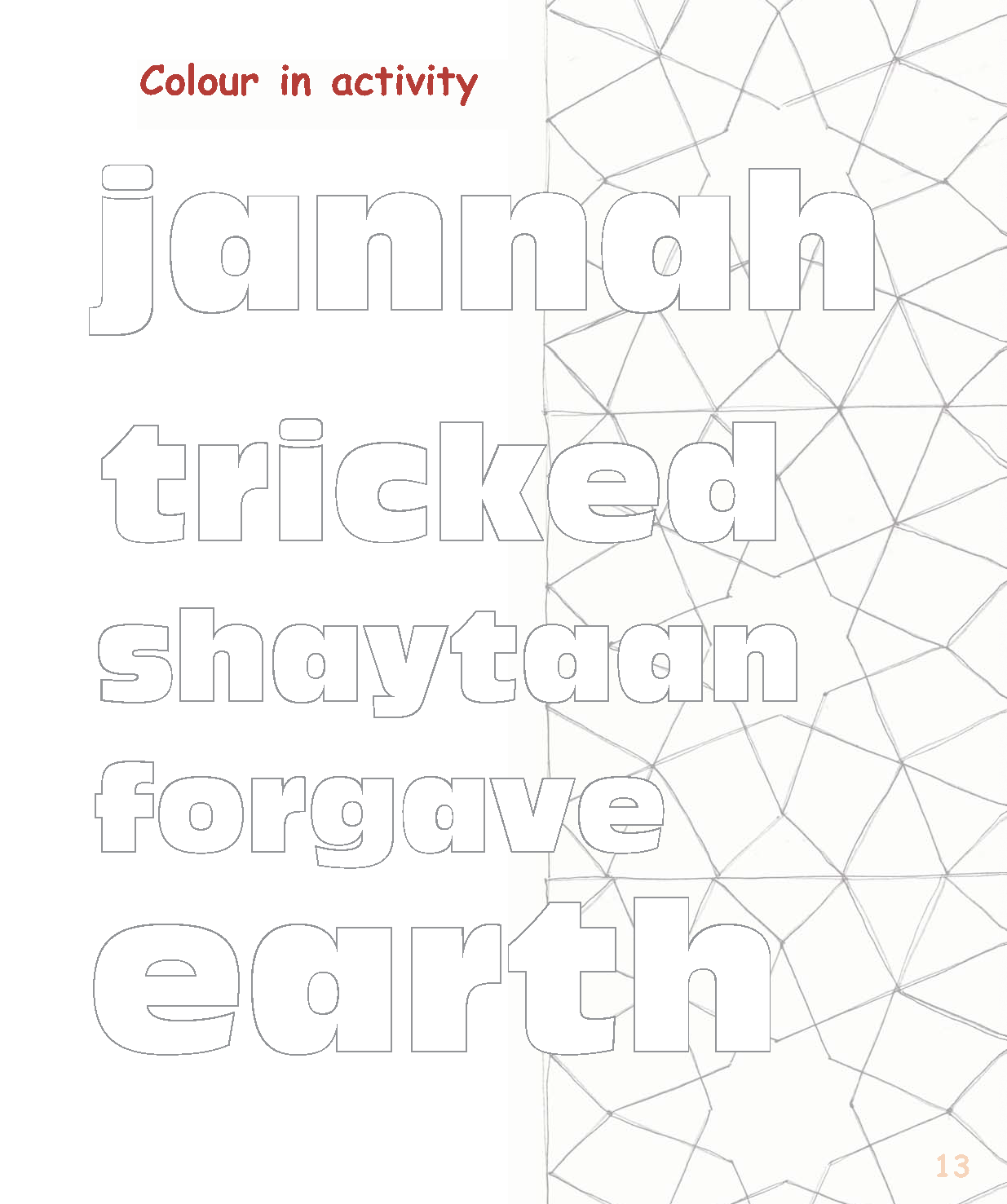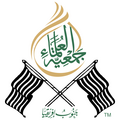JUT Publishing
The curriculum that has been developed by the Taalimi Board of the Jamiatul Ulama South Africa prepares young Muslims for present and future challenges. This philosophy of Islamic Education is premised on the following verse of the Noble Qur’an:“Surely Allah enjoins the doing of justice and the doing of good (to others) and the giving to the kindred, and He forbids indecency and evil and rebellion; He admonishes you that you may be mindful”. (Surah An-Nahl, Verse 90)
The broad aims upon which this curriculum rests is to engender:
- The recognition of Allah in the manner shown by Nabi sallallahu ‘alayhi wasallam
- To practise upon whatever is learnt
- To engage in the propagation of Islam
How do we achieve this?
By giving the spirit (the heart) its supreme positions in the educational system. Islamic education insists that piety and faith must be clearly recognized in the curriculum and this has to be systematically personal.
This curriculum has been developed on the understanding that Islam is a religion that enjoins goodness to humanity and that Muslims are active contributors to the development and upliftment of human civilization.
The Tasheel Series
With the above vision in mind, the Tasheel Series has specific outcomes for the different age groups within the community:
- Pre School – Atfaal Programme (Age 4+ & Age 5+)
This programme is designed for 4 to 6 year old children. It aims at presenting Islamic Education to these young children in a fun and stimulating way in accordance with the way young children of that age learn, play and develop.
- Primary Education Phase (Class 1 – 5)
This programme is designed for children from the age of 6 to 11 years old. It aims at teaching Islam in a practical manner so as to build their understanding, extend their appreciation and help them to start discovering Islam.
- Secondary Education Phase (Class 6 – 12)
This programme is designed for teenagers from the age of 12 to 18 years old. It aims at providing an opportunity for teenagers to find their identity, self-esteem and purpose in life. This is achieved through inspiring, exciting and interesting Islamic educational lessons that work at building up skills on decision making, communication, relationships, etc. that are crucial for them to sail through this stage of their lives.
It aims at providing them with a platform to discuss religious issues at a broader and more intensive level. The focus is to prepare the youth for the challenges ahead as future leaders with the objective to deepen and broaden their understanding of the contemporary contexts in which they live.
Content and Approach
The curriculum aims to provide rich and enriching learning experiences. It is one that encourages learning in an experiential manner. It covers the broad areas of:
- Qur’an and memorisation of selected Surahs
- Aqaa-id (Beliefs)
- Akhlaaq wal Adaab (Good Character and Conduct)
- Fiqh (Islamic Rulings)
- Seerah / Taareekh (History)
- Hadeeth (Teachings of the Prophet Muhammad sallallahu 'alayhi wasallam)
- Du’as (Invocations)
- Tafseer in the higher classes
Quranic Literacy Skills
This subject area focuses on providing the basic skills of Qur’an recitation. Without stopping there, it aims at providing a deeper understanding and appreciation of the verses as well as to make the Qur’an the first point of reference for learners.
Aqaa-id (Beliefs)
This subject area focuses on providing the basic understanding of the Oneness of Allah and explaining essential Islamic beliefs as well as imparting the core topics related to it. It aims at imparting not only the necessary knowledge, but also the skills so that learners could practice upon Islam holistically and in full faith.
Akhlaaq wal Adaab (Good Character and Conduct)
This subject area focuses on instilling in the learners the necessary knowledge of Islamic etiquette and behaviours. Not only are the core principles imparted to them, but also its application in current day situations with the aim at having the learners internalize these values so as to be exemplars in society.
Fiqh (Islamic Rulings)
This subject area focuses on instilling in the students the necessary knowledge of Islamic laws and practices of Islam. Its application in everyday situations is a central focus area.
Seerah / Taareekh (History)
This subject area focuses on bringing the life and personality of Nabi Muhammad sallallahu ‘alayhi wasallam as close to hearts and minds of the learners, so that they are able emulate him, love him and be able to protect and honour his noble personality at all times. It also aims at imparting Islamic history and its contribution to the world to the learners. This serves as a means of developing the Muslim identity via the learning and understanding of our Islamic heritage. Apart from the above, the greatest challenge of this subject is to relate it to the current context so as to make it impactful, relevant, and meaningful.
Hadeeth (Sayings of the Prophet Muhammad sallallahu 'alayhi wasallam)
This subject focuses on the memorization of the sayings and teachings of Nabi Muhammad sallallahu ‘alayhi wasallam. Not only does this promote the preservation of this legacy but it also engenders love and obedience for his great personality in the hearts of learners.
Du‘as (Invocations)
The life of a Muslim revolves around remembering Allah at every turn and activity of one’s daily life. These are embodied in the various du‘as which Nabi Muhammad sallallahu ‘alayhi wasallam has taught us to recite while carrying out our daily tasks. This subjects aims at teaching learners these essential du‘as in the life of a Muslim.
Tafseer in the higher classes (Commentary of the Qur'an)
The Noble Qur’an is the primary basis in the life of a Muslim. In addition to learning and committing it to memory, among the many duties we owe to the word of Allah is understanding it. This subject focuses on teaching learners the broader meaning of a few selected passages of the Noble Qur’an so as to appreciate and practice the message of Allah.
Features of the Tasheel Series

Teacher guidelines

Lesson with illustrations

Stories

Poem

Colour-in activity

Join-the-dot activity

Learner Activity

Questions
Get in touch with JUT Publishing for any further assistance:









